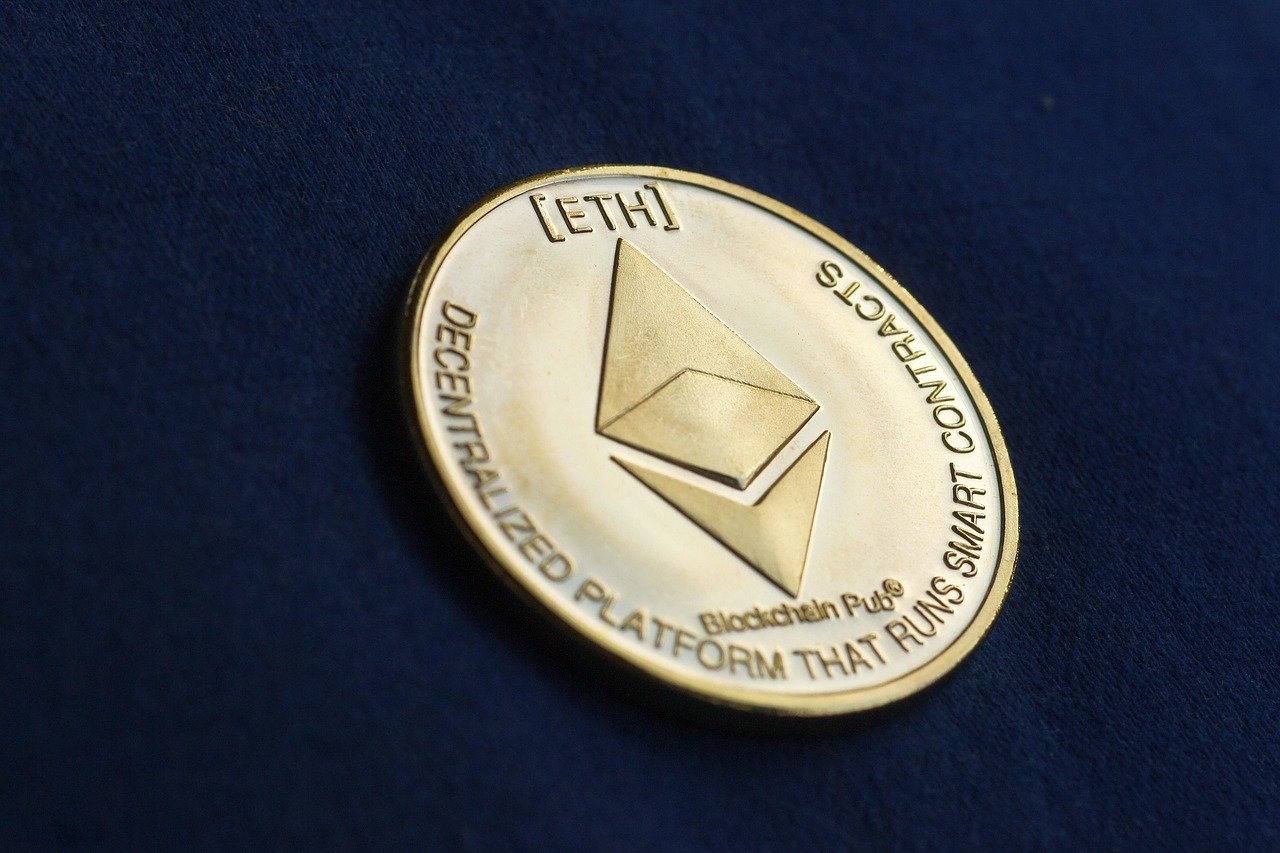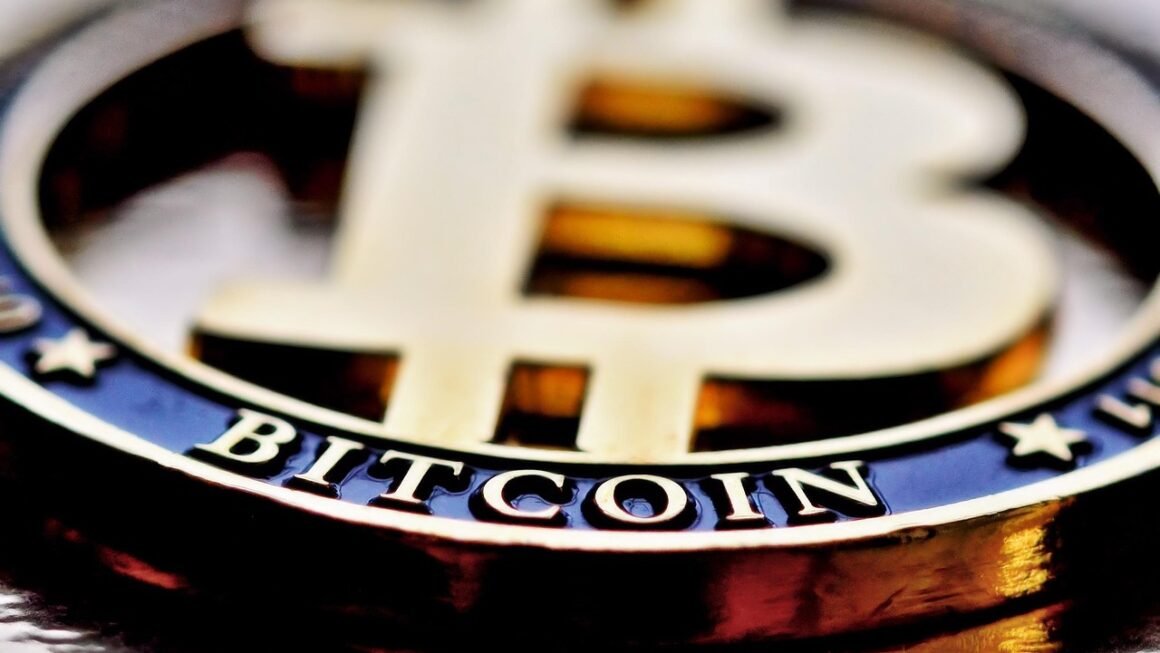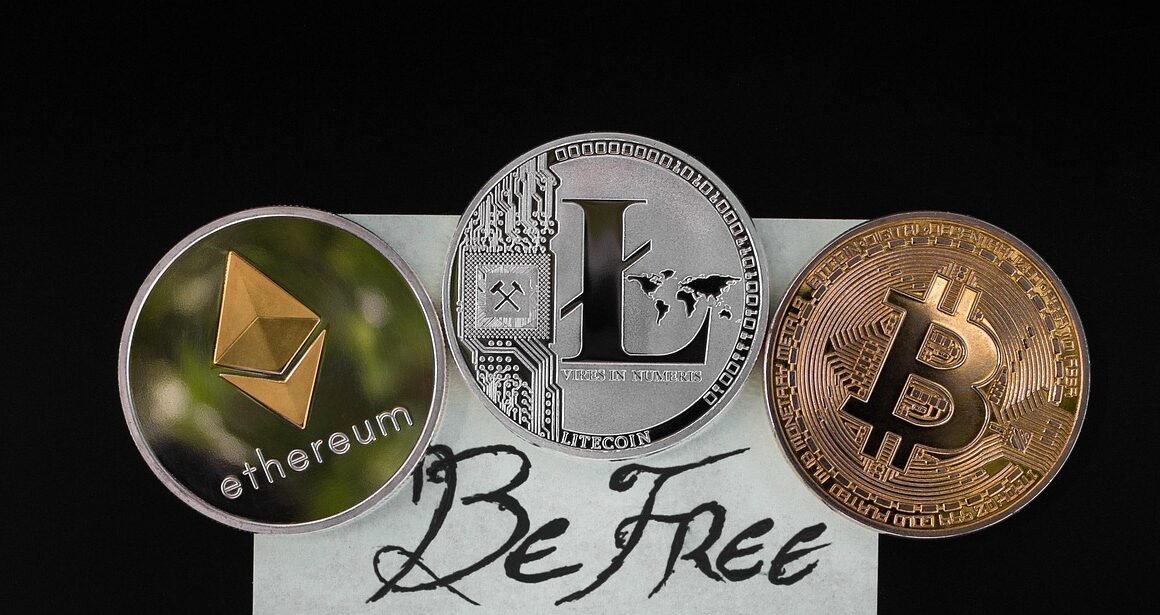DAOs, or Decentralized Autonomous Organizations, are revolutionizing how we think about organization, governance, and investment. Imagine a company run by code, where decisions are made collectively and transparently, and all members have a say. That’s the promise of a DAO. This innovative model is transforming industries from finance and venture capital to social communities and beyond, offering new possibilities for collaboration and value creation. Let’s delve into the world of DAOs and explore their potential impact.
What is a DAO?
Defining Decentralized Autonomous Organizations
A DAO is, at its core, an internet-native organization governed by rules encoded in smart contracts on a blockchain. These smart contracts automatically execute decisions when certain conditions are met, removing the need for intermediaries and traditional hierarchical structures. In essence, a DAO is an organization that operates transparently and autonomously, thanks to the power of blockchain technology.
Key Characteristics of DAOs
- Decentralized Governance: Decision-making power is distributed among token holders or members, rather than concentrated in a few individuals.
- Autonomous Operation: Smart contracts automate processes and enforce rules, minimizing the need for human intervention.
- Transparency: All transactions and governance actions are recorded on the blockchain, making them publicly verifiable.
- Token-Based Membership: Membership is typically granted through the ownership of a specific token, which allows holders to participate in voting and other governance processes.
How DAOs Differ from Traditional Organizations
Unlike traditional organizations, DAOs lack a central authority figure or hierarchical management structure. This fundamental difference leads to a more democratic and transparent system. Consider a traditional corporation: decisions are made by executives and the board of directors. In contrast, a DAO allows all token holders to propose and vote on changes, creating a truly community-driven organization.
The Benefits of DAOs
Enhanced Transparency and Trust
Transparency is a cornerstone of DAOs. Because all transactions and governance decisions are recorded on the blockchain, members can easily verify the organization’s activities. This transparency fosters trust and accountability, mitigating the risk of corruption or mismanagement.
- Reduced Opacity: Traditional organizations often operate behind closed doors. DAOs bring operations into the light.
- Immutable Records: Blockchain technology ensures that records cannot be altered or manipulated.
- Increased Accountability: Members can hold the organization accountable for its actions based on publicly available information.
Increased Efficiency and Automation
Smart contracts automate many of the processes that are traditionally handled by humans. This automation reduces the need for manual intervention, saving time and resources.
- Streamlined Operations: Smart contracts execute tasks automatically, eliminating delays and reducing administrative overhead.
- Cost Reduction: By reducing the need for intermediaries, DAOs can lower transaction costs and increase efficiency.
- Scalability: DAOs can scale more easily than traditional organizations because they are not limited by geographical boundaries or physical infrastructure.
Global Collaboration and Inclusivity
DAOs transcend geographical boundaries, enabling individuals from all over the world to collaborate and contribute to a common goal. This inclusivity fosters diversity of thought and perspective, leading to more innovative solutions.
- Borderless Participation: Anyone with an internet connection can join a DAO, regardless of their location.
- Diverse Perspectives: DAOs bring together individuals from diverse backgrounds and experiences, fostering innovation.
- Democratic Decision-Making: All members have a voice in the decision-making process, ensuring that everyone’s concerns are heard.
Use Cases for DAOs
Decentralized Finance (DeFi)
DAOs are playing a crucial role in the DeFi space, enabling decentralized lending, borrowing, and trading platforms. For example, MakerDAO manages the DAI stablecoin through a decentralized governance process. Token holders vote on stability fees, debt ceilings, and other parameters that influence the stability of the DAI.
- Lending and Borrowing: DAOs can facilitate peer-to-peer lending and borrowing without the need for traditional financial institutions.
- Decentralized Exchanges (DEXs): DAOs can govern DEXs, allowing token holders to vote on listing new tokens and adjusting trading fees.
- Yield Farming: DAOs can manage yield farming strategies, allowing members to collectively invest in DeFi protocols and earn rewards.
Venture Capital and Investment
DAOs are revolutionizing venture capital by democratizing access to investment opportunities. Investment DAOs pool capital from members and collectively decide which projects to fund. This allows smaller investors to participate in early-stage funding rounds that were previously only accessible to wealthy individuals and venture capital firms.
- Democratized Access: DAOs allow anyone to invest in early-stage projects, regardless of their net worth.
- Collective Due Diligence: Members can collectively conduct due diligence on potential investments, reducing the risk of fraud and mismanagement.
- Transparent Decision-Making: All investment decisions are made transparently and democratically, ensuring that members have a say in how their capital is allocated.
Social and Community Initiatives
DAOs can be used to organize and fund social and community initiatives. For example, a DAO could be formed to support a local charity or to fund a community garden. The DAO could collect donations from members and use the funds to support its mission.
- Community Building: DAOs can bring together like-minded individuals to work towards a common goal.
- Transparent Funding: All donations and expenditures are recorded on the blockchain, ensuring transparency and accountability.
- Democratic Decision-Making: Members can vote on how to allocate funds and prioritize projects.
Challenges and Considerations
Legal and Regulatory Uncertainty
The legal and regulatory landscape surrounding DAOs is still evolving. Many jurisdictions have yet to define how DAOs should be treated under existing laws. This uncertainty can create legal risks for DAO members and operators.
- Lack of Legal Recognition: Many jurisdictions do not recognize DAOs as legal entities, making it difficult to enforce contracts and protect members’ rights.
- Tax Implications: The tax implications of DAOs are unclear in many jurisdictions, creating uncertainty for members and operators.
- Regulatory Scrutiny: DAOs may be subject to regulatory scrutiny from government agencies, particularly if they are involved in financial activities.
Security Vulnerabilities
DAOs are built on smart contracts, which are susceptible to security vulnerabilities. If a vulnerability is exploited, it could lead to the loss of funds or the manipulation of governance processes.
- Smart Contract Bugs: Smart contracts can contain bugs that can be exploited by malicious actors.
- Governance Attacks: Attackers can manipulate governance processes to gain control of the DAO and its funds.
- Rug Pulls: In some cases, the creators of a DAO may abscond with the funds, leaving members with nothing.
Governance Challenges
Effective governance is essential for the success of any DAO. However, achieving effective governance in a decentralized organization can be challenging.
- Low Voter Turnout: It can be difficult to engage members in governance processes and encourage them to vote on proposals.
- Information Asymmetry: Some members may have more information than others, leading to unequal influence over decision-making.
- Coordination Problems: It can be difficult to coordinate the actions of a large number of members, particularly when there are conflicting interests.
Conclusion
DAOs represent a paradigm shift in how organizations are structured and governed. They offer the potential for greater transparency, efficiency, and inclusivity. While challenges remain, the benefits of DAOs are undeniable. As the technology matures and the legal and regulatory landscape becomes clearer, DAOs are poised to play an increasingly important role in the future of business and society. The decentralized revolution is here, and DAOs are at the forefront.



